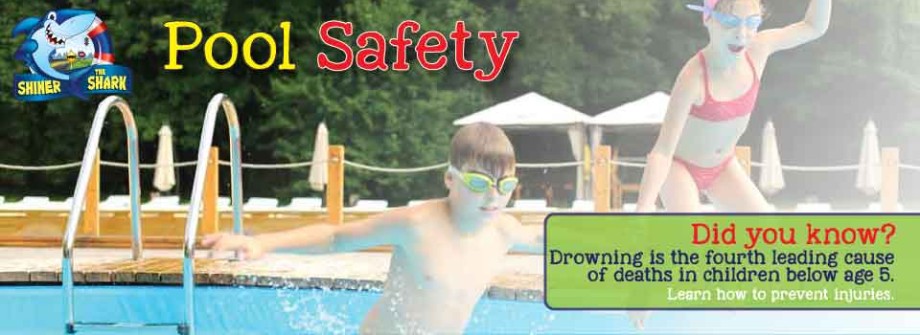Are you ready for Spring and Summer?
The Spring and Summer months are finally just around the corner! With this, many, many people make an almost Zombie like beeline towards any body of water they can find. Whether it’s swimming pools, rivers, creeks, or the ocean, almost everyone finds their perfect spot to dive, surf, snorkel, water ski or swim. Unfortunately, sometimes a few people find trouble. When the proper safety measures were not taken, and someone suffers an injury or worse, death, this is where the Shiner Law Group can help (details below.) Ensure your vacation or even a day out, is safe and free of injury.
Here are some of the things you can do:
- Swimming is the most popular summer activity. The best thing you can do to help your family stay safe is to enroll in age-appropriate swim lessons. Contact the Training Support Center at 1-800-RED-CROSS or support@redcrosstraining.org. More information is available at: RedCross
- Anytime there is a question about the cleanliness of the water, it may be a good idea to contact the local Department of Health to obtain a status of the quality of the water in local waterways.
- Make sure you read any posted signs in your swimming area. For pools: (No diving etc…) For Seaside: (Rip current/wildlife/reef/hazard markers etc…)
- Know your limitations – Ensure you’re physically fit enough for all water adventures you have planned.
- Only swim in designated areas supervised by lifeguards.
- Always swim with a buddy; do not allow anyone to swim alone. Even at a public pool or a lifeguarded beach, use the buddy system! If your children are swimming while you’re sitting on the beach, watch them constantly. 5 minutes of distraction can mean life or death.
- Never leave a young child unattended near water and do not trust a child’s life to another child; teach children to always ask permission to go near water.
- Have young children or inexperienced swimmers wear U.S. Coast Guard-approved life jackets around water, but do not rely on life jackets alone.
- Establish rules for your family and enforce them without fail. For example; set limits based on each person’s ability, do not let anyone play around drains and suction fittings, and do not allow swimmers to hyperventilate before swimming under water or have breath-holding contests.
- Even if you do not plan on swimming, be cautious around natural bodies of water including ocean shoreline, rivers and lakes. Cold temperatures, currents and underwater hazards can make a fall into these bodies of water dangerous.
- If you go boating, wear a life jacket! Most boating fatalities occur from drowning.
- Avoid alcohol use. Alcohol impairs judgment, balance and coordination; affects swimming, diving skills; and reduces the body’s ability to stay warm.
- Prevent Unsupervised Access to the Water
- Install and use barriers around your home pool or hot tub. Safety covers and pool alarms should be added as additional layers of protection.
- Ensure pool barriers enclose the entire pool area, are at least 4-feet high with gates that are self-closing, self-latching and open outward, and away from the pool. The latch should be high enough to be out of a small child’s reach.
- If you have an above-ground or inflatable pool, remove access ladders and secure the safety cover whenever the pool is not in use.
- Remove any structures that provide access to the pool, such as outdoor furniture, climbable trees, decorative walls and playground equipment.
- Keep toys that are not in use away from the pool and out of sight. Toys can attract young children to the pool.
- Maintain Constant Supervision
- Actively supervise kids whenever around the water—even if lifeguards are present. Do not just drop your kids off at the public pool or leave them at the beach—designate a responsible adult to supervise. Always stay within arm’s reach of young children and avoid distractions when supervising children around water.
- Know What to Do in an Emergency
- If a child is missing, check the water first. Seconds count in preventing death or disability.
- Know how and when to call 9-1-1 or the local emergency number.
- If you own a home pool or hot tub, have appropriate equipment, such as reaching or throwing equipment, a cell phone, life jackets and a first aid kit.
- Enroll in Red Cross home pool safety, water safety, first aid and CPR/AED courses to learn how to prevent and respond to emergencies.
Summer fun in the water can result in a wonderful memory. Going home without any accidents or injuries can make the difference between a “nice” trip and a disaster. If you or someone you love has been involved causing an injury or accident, contact an accident attorney with the Shiner Law Group as soon as possible to learn of your legal options.
Have Questions? Call Us 24/7 561-368-3363, TOLL FREE: 855-368-3363

